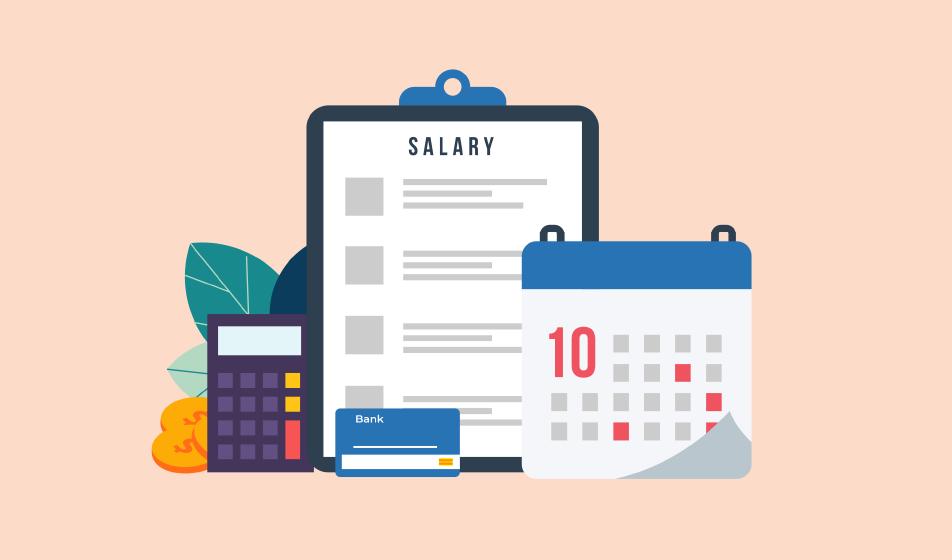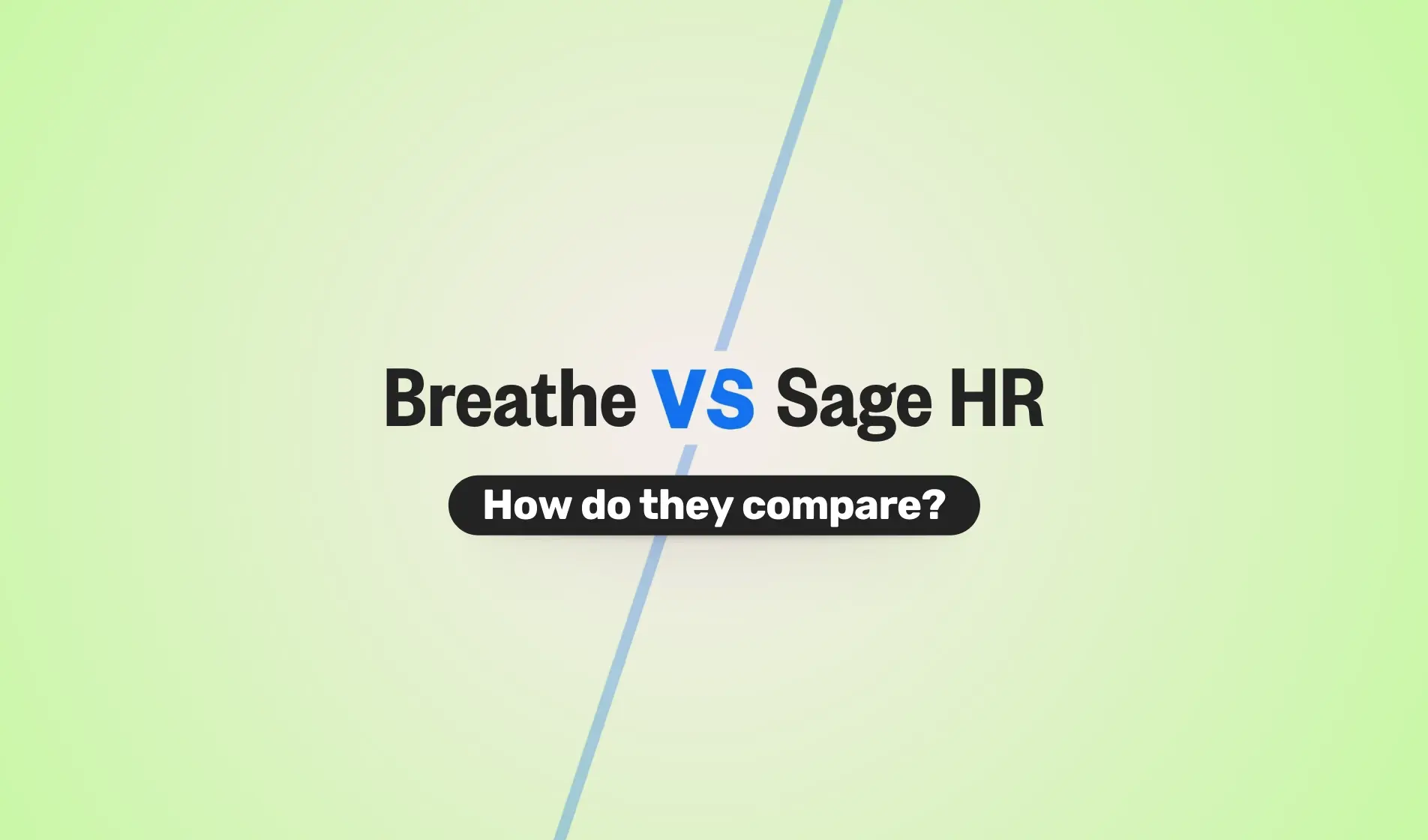Basic salary is a term seen commonly on job descriptions. It's also sometimes referred to as basic pay - but what does it actually mean?
In this blog, we'll cover examples of additions and deductions to basic salary, along with on-target earnings.
What is basic salary?
Basic salary refers to the amount that an employee earns before any extras are added or payments are deducted.
Examples of additions to basic salary
Additional extras on top of a basic salary can include:
- Bonuses
- Overtime payments
- Performance-related benefits and commission paid on sales
- Tips and gratuities (where paid by the company, not where paid directly from customers to staff)
- Expenses
- Allowances for internet and telephone for home working
- Non-monetary extras such as mobile phone, company car, gym membership
Examples of deductions from basic salary
Deductions from basic salary can include:
- Salary sacrifice schemes - for childcare vouchers, share options, and so on
- Pension contributions
- Contributions to a company car or mobile phone
- Repayments against a company loan or a student loan
- Deductions for cash shortfalls or stock deficiencies (in retail situations)
- Court order deductions and child maintenance payments
- Union subscriptions
- Pay deductions due to industrial action, such as striking
- Charity donations
- Tax and national insurance
Understanding salary benchmarks
When reviewing a basic salary, it’s helpful to know how it compares to similar roles. This is where salary benchmarks come in.
A salary benchmark is a guide to what people are typically paid for a job. It helps both employers and employees check if a salary is fair and competitive.
Here’s what can influence a benchmark:
-
Industry - some sectors offer higher pay due to demand or specialist skills.
-
Location - salaries in cities are often higher than in rural areas.
-
Experience - more experience or qualifications can raise a basic salary.
-
Company size - larger businesses may offer more, but not always.
Benchmarks aren’t fixed rules. They’re a helpful way to check if your pay reflects the job role, the market and the person behind the role.
Factors to consider when negotiating your salary
Whether you're offering a job or accepting one, it's important to understand what makes a salary feel fair and competitive. These are some of the key factors to think about:
-
Industry standards - salary benchmarks help you understand typical pay for similar roles in your sector.
-
Skills and experience - the level of experience and qualifications should influence the basic salary offered or expected.
-
Role and responsibilities - the scope of the job and its demands play a big part in determining fair compensation.
-
Location and cost of living - salaries can vary depending on geography, working hours and local living costs.
-
Financial needs and sustainability - while pay needs to be viable for both sides, it also needs to reflect the value someone brings to the role.
According to Reed, only 53% of UK workers are happy with their current salary. That’s why it’s worth having open conversations about pay and expectations, so both employers and employees can reach a fair outcome together.
Basic salary vs. on-target earnings
An example of a basic salary might be £25,000. This is what you would advertise as the rate of annual pay if you were hiring for a new role. That will exclude any bonuses you might offer, as well as allowances and expense payments.
When it comes to sales roles, you may offer a basic salary only or, if you pay commission, it’s common to express the offered salary as on-target earnings – known as OTE. On-target earnings are the basic salary equivalent that an employee can expect to be paid if they meet all their sales obligations. This can include a basic salary with an element of commission, but some organisations choose to pay commission only.
When it comes to the actual monthly or weekly payment, as summarised on a payslip, the basic salary is detailed. Any extras are added, and any deductions – as well as tax and national insurance - will be subtracted.
A typical payslip separates and sub-totals the additions and the deductions, which makes the payslip easy to read.

Author: Aimée Brougham-Chandler
An IDM-certified Digital Copywriter (2023) & English Language & Literature graduate (BA Hons), Aimée is Breathe's Content Assistant. With 3 years' content marketing experience, Aimée has a passion for writing - and providing SME HR teams with solutions to their problems. She enjoys delving into & demystifying all things HR: from employee performance to health and wellbeing, leave to company culture & much more.




